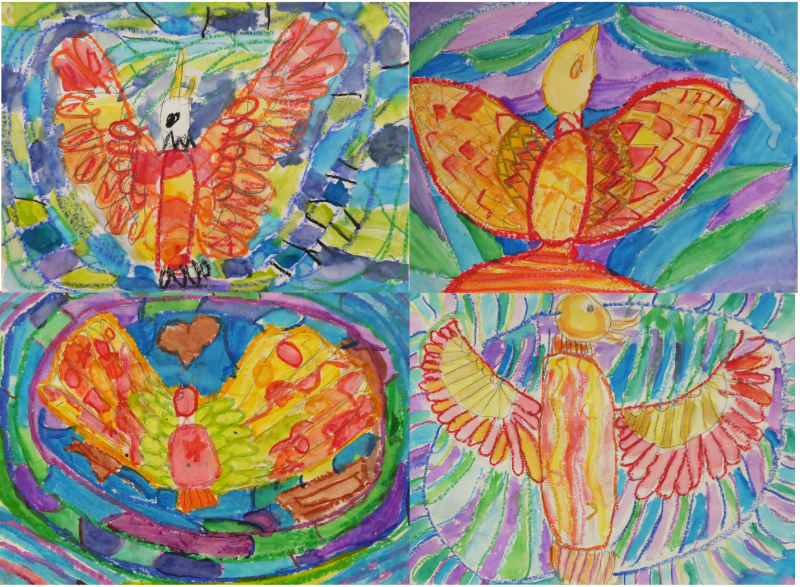
A Vision for 2024
January 12, 2024
Self-Motivation: Here’s what WE do!
February 2, 2024
A parent recently asked how he could help his child with LD and ADHD understand how her behavior affects other people. This awareness did not seem to come naturally.
This is referred to as self-awareness or self-monitoring. We can begin by looking at typical scenarios at home.
As parents, we can see how our child’s behavior annoys their peers or siblings. It may unintentionally hurt feelings, and lead to arguments or to exclusion from activities with friends or siblings.
While we might view a response as rude, our kiddos do not see it that way. Somehow we have to show our child(ren) that their behavior is contributing to a negative outcome for them.
Role playing and in-the-moment direction are two ways you can address a situation.
Role-playing can be helpful when teaching awareness of “rudeness.”
Children often mimic verbalizations of movie characters or peers. Many times they have no idea how obnoxious these remarks seem to others. It seems funny to them.
Remember when the expression “talk to the hand” was popular? Children were very surprised to learn that adults did not see the humor when it was used in child-adult conversations!
Children love being allowed to play the “parent” while the parent plays the “child” (parents enjoy that role too). By pretending to be one another, your child can learn how using certain words might not help them get what they want.
In-the-moment direction is another approach. To take this approach, you need to be willing to stop exactly when a situation is occurring.
During an interaction where the child is not aware of their inappropriate behavior, pause to give a suggestion on a better way. For example, you are talking to another family member when your child begins to poke you because he wants your attention now.
Stop and ask, “How do you think I feel when you poke me?”
Give him time to respond. Then calmly state, “I am not going to give you what you want if you interrupt me.”

One idea is to come up with a nonverbal way for the child to signal that he wants to talk with you without interrupting the conversation.
You could then touch the child on the shoulder signaling your recognition and encouraging his patience--a wait signal.
Finally, acknowledge his patience as you begin to listen to what he needs.
With your patience and support, your child can improve their self-awareness and see the benefits to home life, school and in social interactions.
If your child struggles with self awareness, they may benefit from one of our summer social skills courses, part of Adventures in Summer Learning available for grades 1-8.




1 Comment
It was helpful